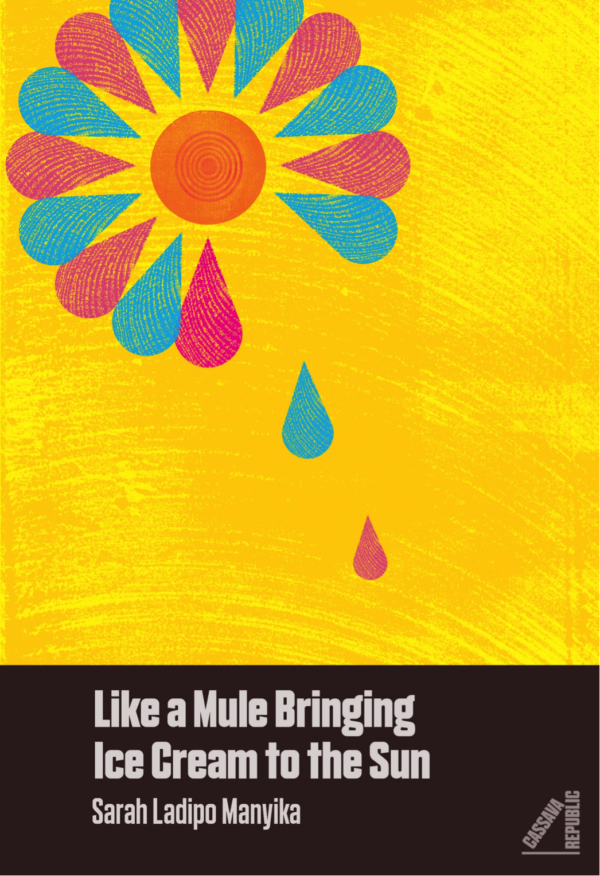Just last week, Sarah L. Manyika’s most recent work became one of six novels shortlisted for the Goldsmiths Prize. The prize was established in 2013 to celebrate novelists breaking grounds on the form and technique of storytelling.
Congrats to Manyika! Very well-deserved. Like a Mule Bringing Ice Cream to the Sun is delightful story but also a brilliant character study. The novel features an aging Nigerian woman named Morayo. She lives in a San Francisco apartment cluttered with books and memorabilia. Her days are mostly spent reading and walking. But against this backdrop of solitude and habit, Manyika projects Morayo’s past life as a high-society belle.
It is a big deal that Like a Mule is on the list. It’s the first African novel to be considered for this prize. But here is why this really matters. Traditionally, African novels are not celebrated for achievements having to do with the technique of storytelling. Readers and publishers look to African writers to explore themes and subject matters steeped in social concerns. They don’t look to African fiction to reinvent the form of the novel.
A sad situation given that African novelists from Achebe to Coetzee have been at the forefront of reinventing the novel as a global form. Manyika being on this list does not necessarily prove that African novels can do so much more than add local color to the novel genre. We’ve always known that.
What her presence on that list proves is that attitudes are changing. After years and years of combined efforts of daring publishers like Cassava Republic, book critics, and visionary novelists like Manyika, conversations about African novels are changing. The literary establishment is beginning to see the breadth of Africa’s influence on the formal changes in the novel.
In a statement released by her publisher, Manyika says she is “thrilled to be nominated for this exciting prize and delighted to be in the company of such fabulous writers.” She also thanked Cassava Republic for getting behind the novel in spite of its “unconventional” form.
Bibi Bakare-Yusuf, co-founder and director of Cassava Republic Press, happens to be an alumna of Goldsmiths, the sponsoring organization of the prize.
“Being a Goldsmiths’ graduate myself,” she says, “I couldn’t be more thrilled that Sarah’s wonderful novel has been shortlisted for this award, which celebrates qualities of ‘creative daring’ associated with the University. When we opened our London office earlier this year one of our aims was to challenge the preconceptions and boundaries of the British literary establishment, so to have an author shortlisted for this prize in particular feels very special to us.”
The other shortlisted novels include The Lesser Bohemians by Eimear McBride, Transit by Rachel Cusk, Solar Bones by Mike McCormack, Hot Milk by Deborah Levy, and Martin John by Anakana Schofield.
Congrats to Manyika. We are rooting for her. We love it when African writers take risks with their work and challenge our notions about what constitutes an African novel.
Kudos to Cassava for doing their bit to keep the African literary scene brimming with delightful but boundary pushing work.









Like a Mule Bringing Ice Cream to the Sun by Sarah Ladipo Manyika – Always Doing October 21, 2016 06:12
[…] may put it behind other books on the shortlist. Even so I’m glad it’s here – recognizing work by people of color matters and it’s a full, satisfying […]